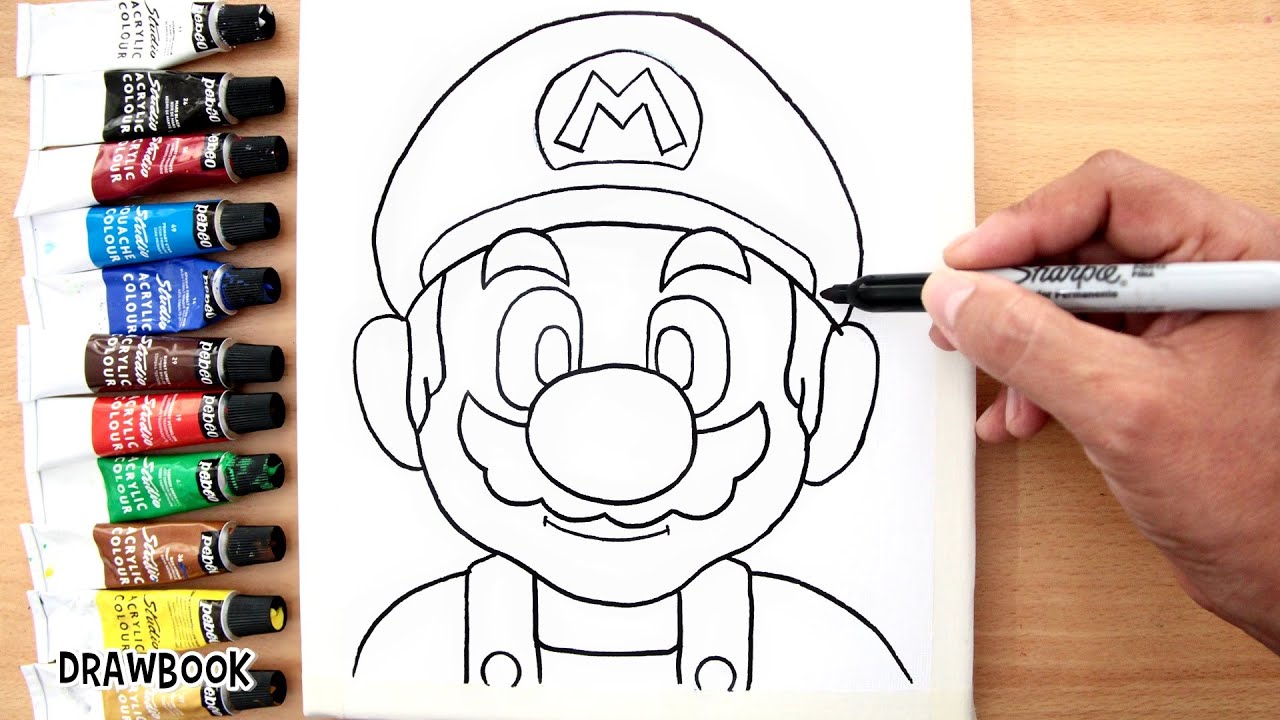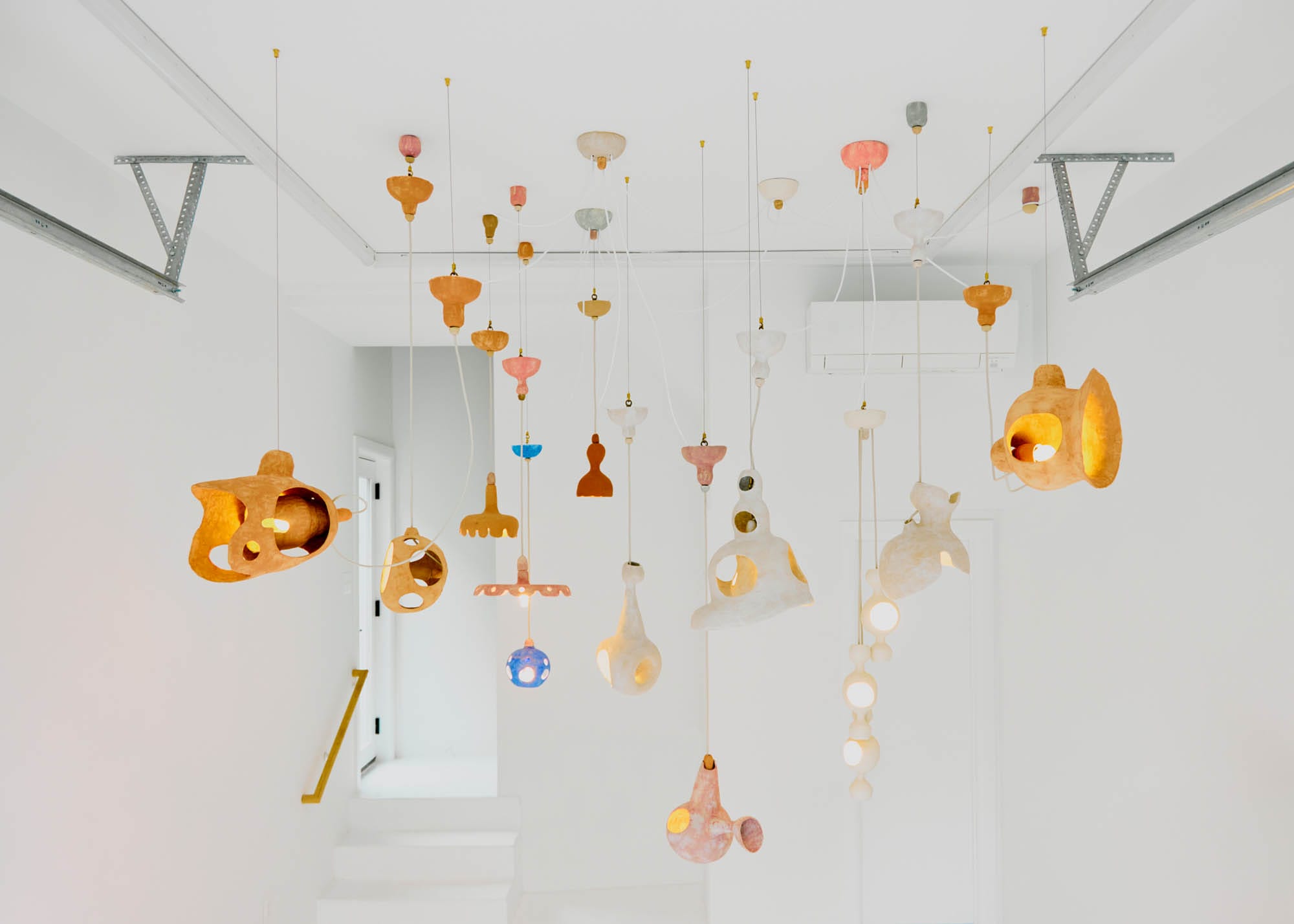Katesi Jacqueline Kalange, a part of the collection ‘Nature Invasion,’ recycled plastic. Photograph by Framez and Wavez, Magezi Images, and Vanessa Mulondo. All photographs © the artists, courtesy of the Future Supplies Financial institution
Designer Stella McCartney’s newest assortment made headlines with a form-fitting jumpsuit composed of iridescent, scale-like sequins made solely from plant-based compounds. Lauded for her longtime curiosity in sustainable trend, the designer collaborated with Radiant Matter, a studio based by Elissa Brunato devoted to producing “naturally shimmering biomaterials.” Engineered from renewable cellulose, the biodegradable materials offers an environmentally aware different to mass-produced plastics. It’s simply one in every of practically 400 outstanding tasks archived in by the Future Supplies Financial institution.
In 2020, the Jan Van Eyck Academie in The Netherlands noticed a chance to reply to the worldwide shift towards sustainability. The Future Supplies program was established to place “artwork, design, and different inventive practices in relation to the local weather disaster, environmental breakdown, and their manifold results,” tapping into artists’ and designers’ penchant for experimentation. By researching and proposing renewable options to unsustainable practices, this system aimed to open up discourse and set “a framework that embraces a variety of practices and permits for a mess of voices.”
Zena Holloway, element from the collection ‘Rootfull,’ root-based textiles. Photograph courtesy of the artist
Inserting an emphasis on the supply of various supplies world wide, the archive showcases substances and sources present in a spread of climates and varied industrial processes. In Uganda, Katesi Jacqueline Kelange repurposed polyethylene luggage, plastic strips, and second-hand garments to create light-weight woven shelters and costumes for public performances that draw consideration to the necessity to transfer away from the manufacture of merchandise that depend on fossil fuels.
Ubiquitous but sudden natural sources seem in textiles, akin to seaweed, human hair, or plant roots. Intricate materials product of roots by Zena Holloway (beforehand), for instance, are grown inside beeswax molds; nature does all of the work producing the lacy element. Matter that seasonally sheds onto the forest flooring and would usually rot on the bottom, like tree bark or pine needles, may be gathered and processed into fashionable tableware. And gadgets like pendant lamps, vessels, or stools can repurposed from limestone mud or ceramic waste—industrial byproducts—into purposeful objects.
The Future Supplies Lab was launched in collaboration with the Materials Futures Masters course at London’s Central Saint Martins and facilitates “an ecologically conscious strategy to materials selections.” Discover out extra about this system on the Jan Van Eyck Aademie’s web site, peruse the Future Supplies Financial institution for inspiration, and observe on Instagram. You may additionally like Phillip Lim and Charlotte McCurdy’s sequins comprised of algae.
Gaurav MK Wali, ‘Cheer Challenge,’ recycled pine needles. Photograph courtesy of the artist
Katesi Jacqueline Kalange, a part of the collection ‘Nature Invasion,’ recycled plastic. Photograph by Framez and Wavez, Magezi Images, and Vanessa Mulondo
Zena Holloway, element from the collection ‘Rootfull,’ root-based textiles. Photograph courtesy of the artist
Leah Fanning, earth pigments comprised of rocks, soil, and minerals. Photograph by Pure Earth Pigments
Hanneke de Leeuw, ‘Remake/Reprint Ceramics,’ recycled ceramic waste. Photograph by Tessa Spaaij / Coudre Studio
Agne Kucerenkaite, ‘Ignorance is bliss’ tile collection, recycled metallic pigments on ceramic tiles. Photograph by Studio Agne
Elissa Brunato, “Bio Iridescent Sequins,” cellulose. Photograph courtesy of the artist
Elissa Brunato, “Bio Iridescent Sequins,” cellulose. Photograph courtesy of the artist
Sakeb collective, “Kabes stool,” recycled limestone and sawdust. Photograph by Haifa Zalatimo / AM Qattan Basis and Mohammad Sabla
Evelina Kudabaite, ‘GIRIA’ homewares collection comprised of tree bark. Images by Mantas Astrauskas
Do tales and artists like this matter to you? Change into a Colossal Member immediately and assist unbiased arts publishing for as little as $5 monthly. The article Recycle and Renew: Future Supplies Financial institution Archives A whole lot of Initiatives that Emphasize Sustainability appeared first on Colossal.


